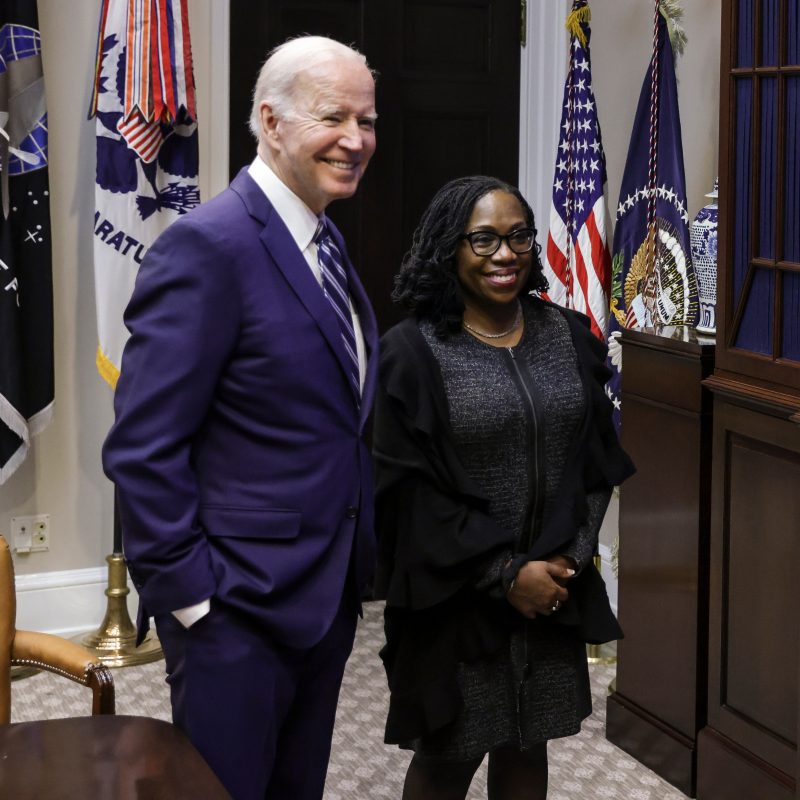The Supreme Court, as the highest legal authority in the United States, wields immense power and influence over the nation’s laws and policies. President Joe Biden may be considering endorsing significant reforms to the structure and functioning of the Supreme Court, a move that could potentially bring about a major shift in the judicial landscape of the country.
The idea of Supreme Court reform has gained traction in recent years, particularly in response to concerns about the politicization of the judiciary and the perception of a lack of accountability among Supreme Court justices. Calls for reforms range from expanding the number of justices on the Court to imposing term limits on their service.
One proposal that has garnered attention is the concept of court-packing, which involves increasing the number of Supreme Court justices to dilute the influence of the existing conservative majority. Advocates of court-packing argue that it could help rebalance the Court and prevent what they see as partisan decisions that do not reflect the will of the American people.
Opponents of court-packing, however, argue that such a move would undermine the independence and credibility of the judiciary by turning it into a political tool. They contend that expanding the Court for partisan purposes sets a dangerous precedent and could lead to a cycle of retaliatory actions whenever the political balance of power shifts.
Another reform proposal that has been floated is the implementation of term limits for Supreme Court justices. Currently, Supreme Court justices serve for life, which some critics argue can lead to justices staying on the bench well past their prime and becoming out of touch with societal norms and values.
Supporters of term limits argue that imposing a fixed term of, for example, 18 years would ensure a more regular turnover of justices, allowing for fresh perspectives and preventing the Court from being dominated by individuals who may no longer be in touch with contemporary issues.
While the debate over Supreme Court reform remains contentious, President Biden’s potential endorsement of such reforms could mark a significant turning point in the nation’s judicial history. Any changes to the structure and functioning of the Supreme Court would have far-reaching implications for the balance of power in the government and the interpretation of the law in the United States.
As the discussion on Supreme Court reform continues to evolve, it is crucial for policymakers and citizens alike to carefully consider the implications of any proposed changes. The future of the highest court in the land is a matter of great importance, and the decisions made today will shape the legal landscape of tomorrow.
